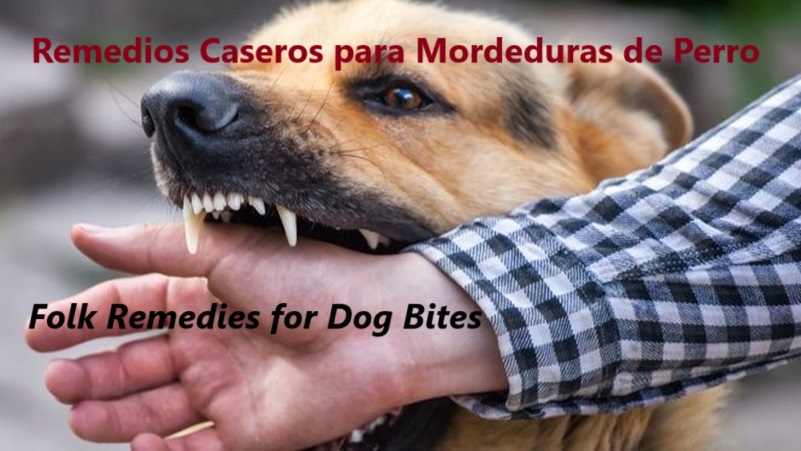A dog, no matter how much of a friend to humans, is still an animal. It can be quite strong, unpredictable, and, depending on the situation, very aggressive. By nature, it possesses predatory instincts. In most cases, as practice shows, victims themselves provoke dogs to attack. With its powerful, well-developed jaws and sharp teeth, a dog can inflict severe lacerations, cause grievous injuries, and even lead to fatal outcomes. Therefore, even when interacting with a domestic pet, one must always exercise caution and deliberate care. Even in play, a dog can unintentionally cause injuries or bites.
Risks of Dog Bites
Even minor injuries or bites from a dog can carry risks of various viral infections, including Haemophilus, Enterobacteriaceae, Streptococcus, Neisseria, Klebsiella, and Staphylococcus (such as Staphylococcus aureus). The most dangerous disease, however, is rabies. Delayed or neglected medical attention following a bite from a dog or other animal can lead to rapid onset of rabies and, ultimately, death.
In cases of bites to the head, neck, or hands, and without timely vaccinations, the disease may develop within ten days. Bites to the lower extremities might not manifest symptoms for up to three months. Regardless of the location of the bite, it is advisable to seek medical care promptly and get a tetanus shot. The wound should be washed thoroughly for at least five minutes with water and disinfectants.
Folk Remedies for Dog Bites
There are also folk remedies for dog bites. The wound can be rinsed with water mixed with potassium permanganate, saline solution, or tinctures of vinegar and echinacea. To prevent excessive dryness of the wound, the surface should be treated with walnut oil, which can also be taken internally three times a day, one tablespoon at a time.
Folk remedies can also be applied immediately after a bite, such as antiseptic dressings made with honey. A mixture of turmeric and honey applied to the wound has excellent healing and disinfecting properties. Similarly, a paste made of finely crushed garlic or onion mixed with honey can be applied to the affected area. A highly effective remedy can also be made by mixing equal parts of walnut, salt, and onion. Powdered asafoetida sprinkled on the wound promotes quick healing.
Another effective treatment involves drinking an infusion of immortelle flowers—one tablespoon four times during waking hours. Salted nettle, when applied to the bite, reduces pain, disinfects, and accelerates healing. Consuming at least four cloves of garlic per day internally helps to disinfect the body, while foods rich in vitamin C support faster recovery. Freshly crushed meadowsweet leaves applied directly to the wound also have excellent healing properties.
Precautions for Children
Despite the effectiveness of these remedies, any child bitten by even a vaccinated domestic dog should see a doctor promptly and receive necessary anti-tetanus vaccinations. A child’s immune system is particularly vulnerable to dangerous viruses. Therefore, parents must act quickly and contact emergency medical services for immediate care, where fast-acting disinfectants and treatments will be administered. Do not take risks with children’s lives—always seek professional medical help.






